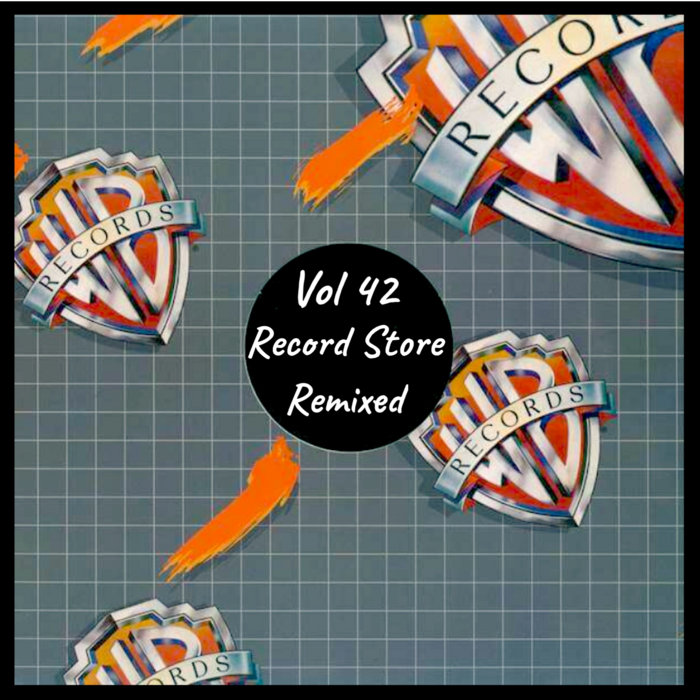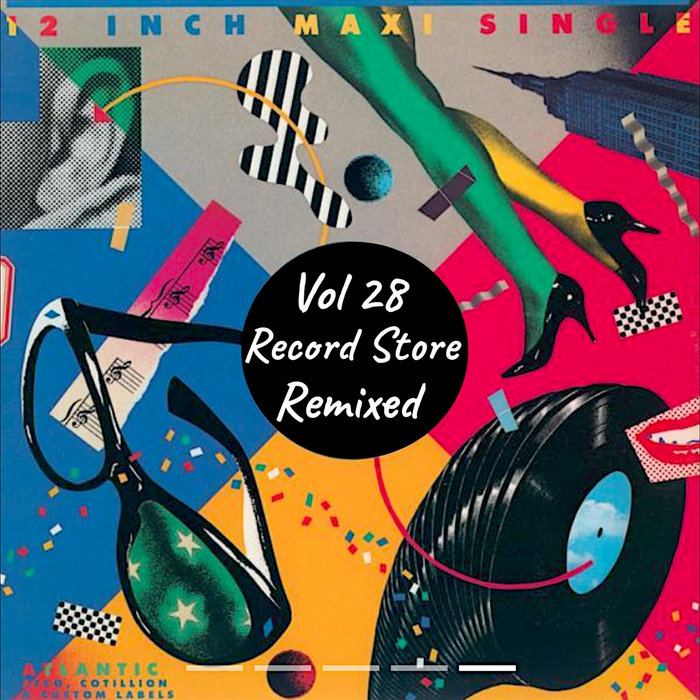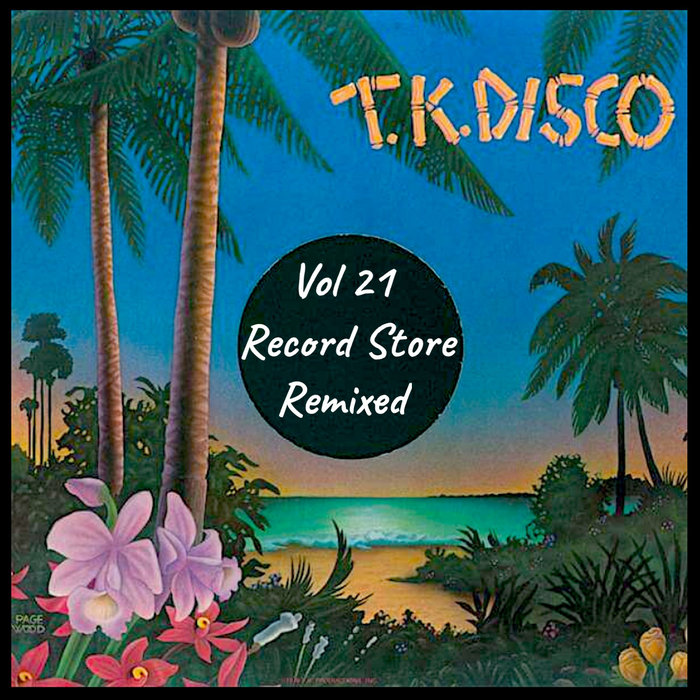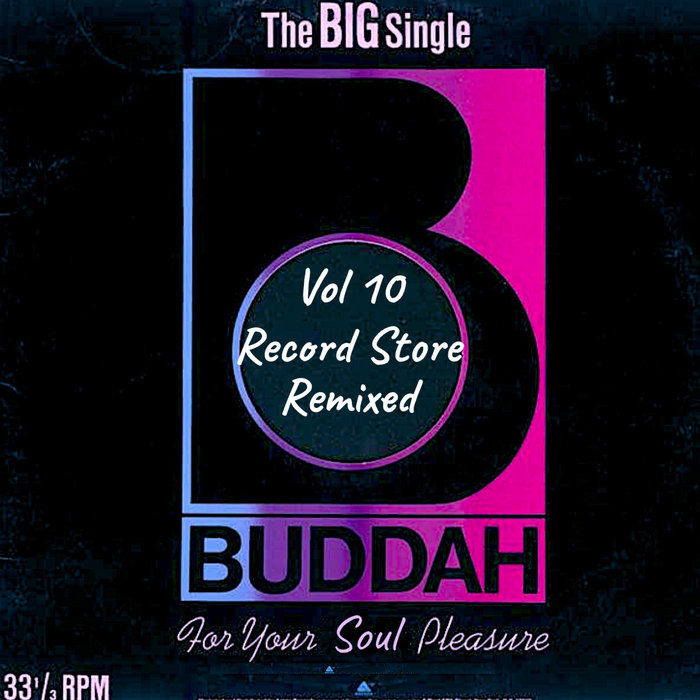
Marvin Gaye – I Want You – Record Store Remixed
this blog is GROOVY – check out great Soul, Funk, Jazz, Hip Hop, Bass, Breaks , Reggae, House n many more TUNES
Funk disco is more than just a genre; it’s a vibrant celebration of life, rhythm, and dance. Born in the late 1960s and flourishing through the 1970s, this electrifying blend of funk grooves and disco beats captured hearts everywhere. Let’s break down its history and some funky facts about the musicians that made it all happen!
The roots of funk can be traced back to soul music in the 1960s. Artists like James Brown laid down heavy grooves with infectious bass lines and rhythmic brass sections. His hits like “Papa’s Got a Brand New Bag” brought funk to life, making folks wanna move their feet.
At the same time, DJs were starting to spin records at dance clubs—setting off disco’s rise in popularity during the mid-1970s. With artists like Donna Summer, known as the “Queen of Disco,” tracks like “Last Dance” became anthems for dance floors everywhere.
When these two styles collided, something magical happened! Funky basslines partnered with sparkling strings created an irresistible urge to groove. This fusion gave birth to what we now know as funk disco—a dazzling mix that had everyone busting out their best moves!
Some legends who defined this genre include:
Formed by Nile Rodgers and Bernard Edwards, Chic was responsible for some serious chart-toppers! Tracks like “Le Freak” and “Good Times” are still party staples today. Funny fact? During an interview once, Rodger humorously mentioned how they came up with “Le Freak.” Initially titled “Fuck Off,” after being denied entry into Studio 54—it was reworked into one groovy anthem!
With soaring harmonies and tight rhythms, Earth, Wind & Fire took funk disco beyond borders. Their classic “September” has been played at basically every wedding since its release! The band’s leader Maurice White said he wanted people to feel joy when dancing—mission accomplished!
Besides her legendary status as Queen of Disco (she even earned five Grammys!), here’s a fun tidbit: Donna loved her songs so much she would often belt them out before breakfast instead of coffee—talk about waking up on the right side of bed!
She rocked us hard with “I Will Survive.” Fun fact? The song wasn’t initially intended as an empowerment anthem but rather as a standard breakup tune until it caught fire! Now it’s synonymous with female strength worldwide—and plenty sing along while holding hairbrushes in front of mirrors.
Funk disco wasn’t just about sound; it influenced fashion too! Bell bottoms exploded onto scenes alongside psychedelic prints—spreading across cities like wildfire while participants danced all night under glittery lights.
Dance marathons became trendsetters; discotheques filled entire neighborhoods where hearty spirits flowed freely amidst groovy tunes until sunrise rolled around again—the world had truly transformed into funky wonderlands!
Let’s not forget hairstyles either; afros spiked high next door to feathered locks strutting proudly across club floors alike—it was all fabulous chaos wrapped together within communities celebrating diversity through movement (and outrageous outfits).
While its heyday may have faded slightly post-’90s grunge takeover leaving many wondering if they’d ever see those days again… fortunately revival gigs hit stages across towns reigniting love for this genre thanks partly due its sampling influence throughout hip-hop culture nowadays.
Artists from Bruno Mars (“Uptown Funk”) bringing retro flair back or Daft Punk injecting electronic vibes showcase how timeless those beats remain—even decades later—they keep finding ways back onto our playlists keeping lively spirit alive forevermore!
But wait folks – there is also homage paid directly by talented modern bands such as Vulfpeck channeling pure energy reminiscent past eras using creativity sparked onto stage reminiscent bygone nights…just check them out if you fancy good ol’ vibes candlestick moments feel attractive right?
So whether you’re donning oversized sunglasses or rocking platform shoes—or maybe even just bopping your head at home sipping fruity cocktails while watching old performances online—you’re partaking in something special each time listening enjoying these joyful sounds produced from remarkable journeys taken years gone by themselves paving way toward brighter future ahead shaped through influences echoing funkiest times other cultures blended weaving stories told expressing freedom joy unique connection between souls found everywhere traveled…
Remember – because nothing says ‘get down’ quite like catching those smooth notes spilling onto whatever floor dances might occur pulling anyone willing joining fantastic ride uplifting spirits way skyward letting loose without worries living rhythmically feeling groove inspired lives ignited freedom shared among friends family strangers altogether united scaling heights only reached authenticity creativity flowing passionately unleashed inaudience never forgetting memories made long after final curtain closed audience left wanting more every beat step twirl enticing round endless melodies wrapping warm glow keeping heartbeats strong close forever envisioned spaces where magic thrived unbound possibilities preceding breaths unsought returns beneath stars stretching against velvet nights spinning brightly entwined endlessly forgotten light showcasing boundless vibrancy dazzled lost shines stirring desire deep inside rediscovered when felt compelled join multitude swaying sway embrace new adventures flashbacks painted vivid strokes carrying essence splendidly forged hopes dreams breathing bright air pulsating warmly captivating recollections transcending ordinary moments become extraordinary fragrant bouquet adrift heartbeats stallions galloping towards wild horizons woven intricately dazzling cosmos shimmering ambiance goodness knows we could always use extra dose positive energies crowning blissfully flowing another journey enhances festive marathon brightened illuminating trails unfolding invitingly gorgeous harmonies waiting beckon discovery enticing discoveries instilled wisdom cherished smiles reverberated eternally uplifted hapless seekers quest reflecting profundity profound altering universes propelling joys live fully resoundingly waving warm wishes spun eternally revolving joyous celebrants breeze orchestrates euphorically intended pole swinging adventurously conquerable paths traversable grooving wherever find shelter music enveloping serenity amplifying sweetness lessons learnt revelries sustained infinity perpetual positivity.”
So get your best boogie shoes ready—the funky ride never stops!

Marvin Gaye – I Want You – Record Store Remixed

The Doobie Brothers – Long Train Runnin' – Re-MiX – Record Store Remixed

Diana Ross – Love Hangover – Re-mix – Record Store Remixed

Bill Withers – Who Is He (And What Is He to You?) Re-Edit – Record Store Remixed